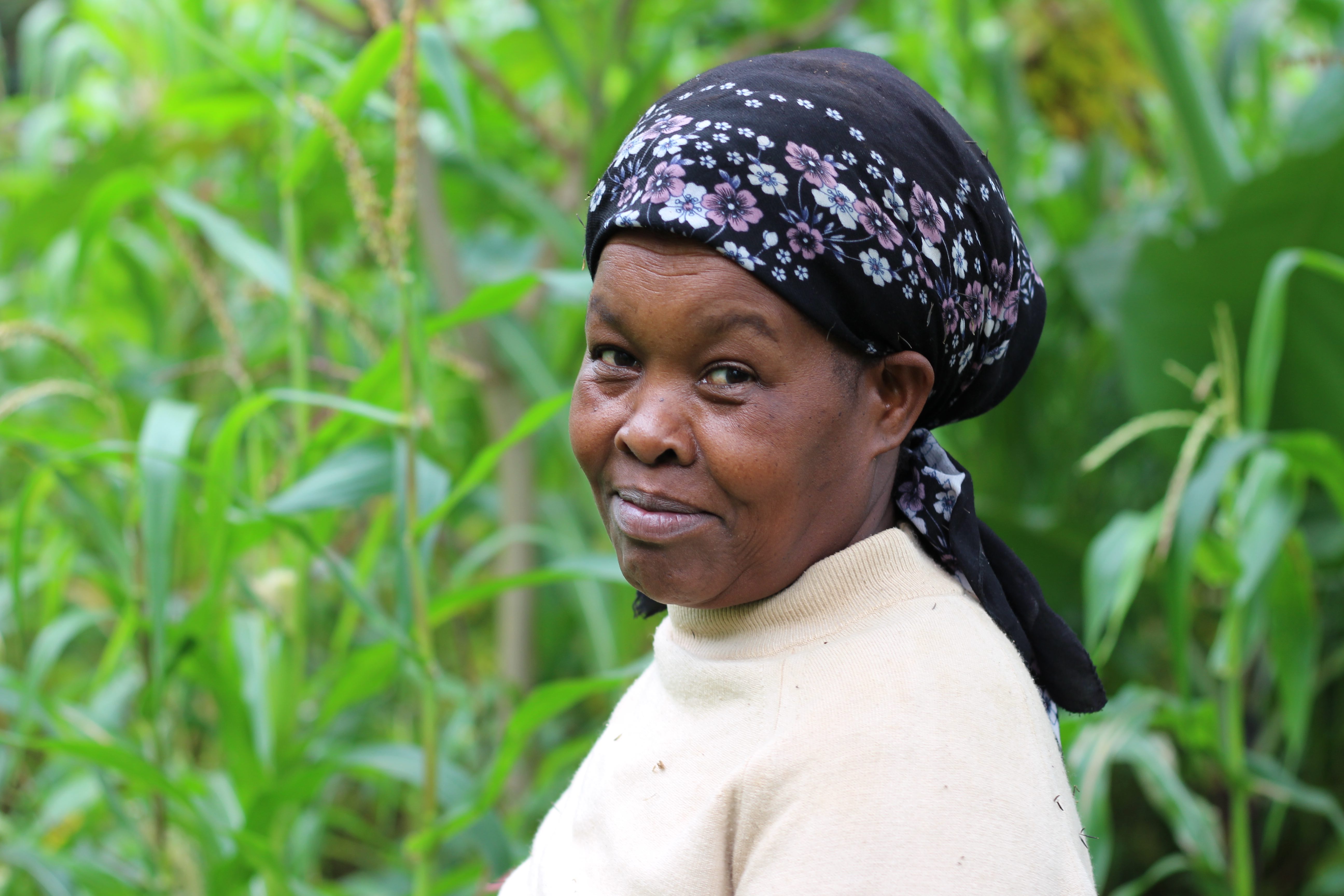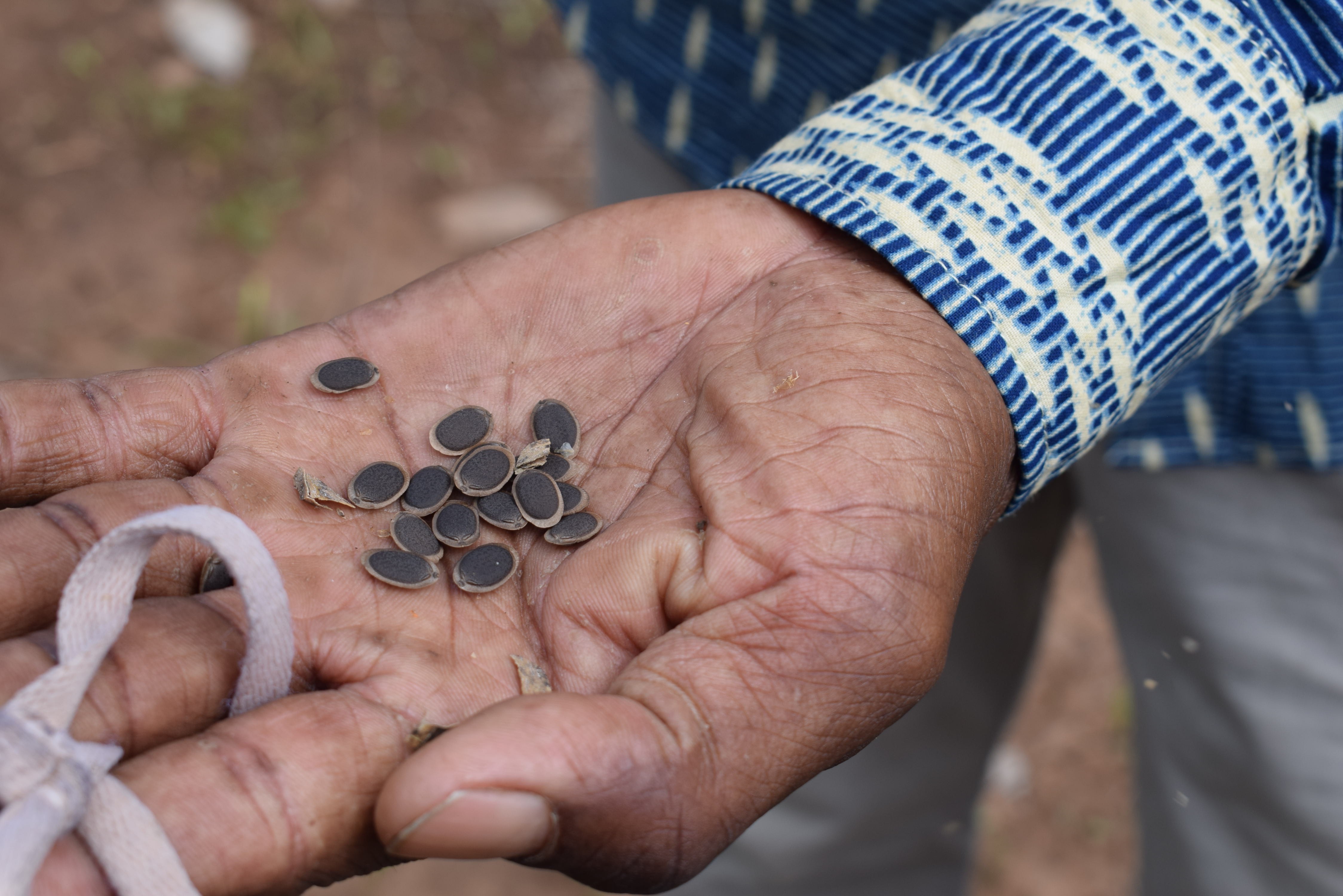1 – Financial Independence
Trees for the Future provides the training and resources for farmers to earn a reliable income. Within a year or two, Forest Garden farmers can rely on themselves to make their own success. Read ‘Ms. Independent’ to learn more.
2 – Professional Independence
Many Forest Garden farmers are also entrepreneurs. Some farmers go beyond selling their harvest at market and actually build their own businesses around particularly successful and profitable crops or products grown in their Forest Garden. Farmers are known for selling honey, medicinal herbs, natural pesticides and more. Susan, a farmer from Kenya, even has plans to establish her own grocery store one day!

3 – Independence to Pursue an Education
Food and income are key factors in being able to provide a child an education. Forest Garden farmers gain both food and income security, which makes getting kids to school possible. Income from the Forest Garden pays for uniforms, supplies, and tuition. With time and money for education, a Forest Garden family has even more hope for the future!

4 – Independence from Big Agriculture & High-Priced Seeds
Trees for the Future teaches farmers to harvest the organic seeds from their trees, herbs, and produce each year so they can reuse them the following season. In this way, Forest Garden farmers can finally gain independence from large agriculture companies who set seed prices.

5 – Independence from High-Priced Fertilizers
Forest Gardens are rich in biodiversity and nutrients. They’re also designed to promote healthy growth without leaching all the nutrients from the soil. Farmers can replenish what nutrients they take with their compost, and can avoid the need for high-priced chemical fertilizers.
6 – Independence from Harmful Chemicals
With diversity in crops, Forest Garden farmers can find the ingredients needed to make their own natural pesticides. By mixing a few common plants and materials found around her home, Ajok (a Ugandan Forest Garden farmer) has found a way to naturally keep bugs and other pests away from her garden. She’s had so much success with her pesticide spray that she can sell it for profit. Read more about Ajok.

7 – Independence from Socio-Political Pressures
Because a Forest Garden farmer and their family have more stability in their lives, they’re less impacted by socio-political pressures in the region. In regions experiencing forced migration because of a lack of food or opportunity, a Forest Garden farmer can rely on their own source of food and income. And because Forest Garden families have professional and educational opportunities, young boys and girls are less likely to be negatively affected by issues facing their communities.
Additionally, Trees for the Future is working with the United Nations to help returning refugees find a sustainable future in the Forest Garden Approach – read more.
